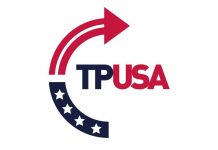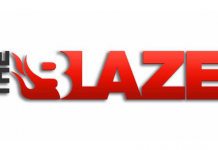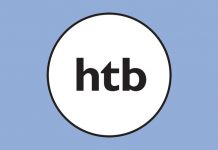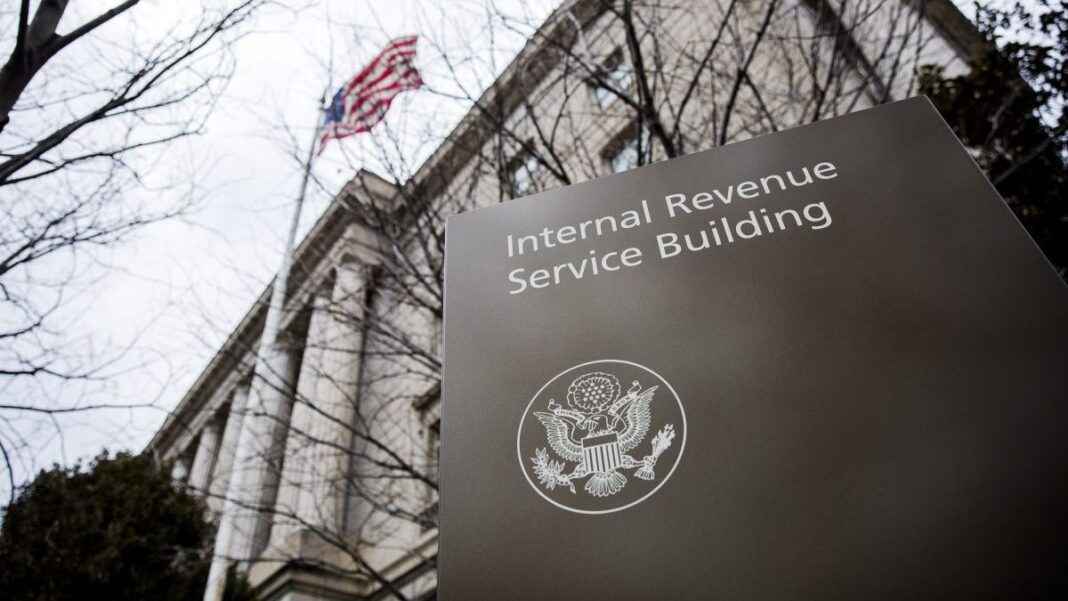IRS hiring 3,700+ tax enforcers to audit higher earners but a watchdog worries about audits for those under $400,000 due to unclear “high-income” definition.
The Internal Revenue Service (IRS) is looking to hire over 3,700 additional tax enforcers as it ramps up its audit crackdown of higher-earning taxpayers, though a watchdog warns that Americans making less than $400,000 could get caught in the dragnet because the agency doesn’t have a clear definition of “high-income.”
The IRS said on Sept. 15 that it had opened over 3,700 positions nationwide to assist with “expanded enforcement work” that focuses on complex partnerships, large corporations, and high-income earners.
The compliance positions will be open in more than 250 locations across the United States and are part of a “sweeping, historic” tax enforcement crackdown that leverages cutting-edge technology, including artificial intelligence, to catch tax evaders more effectively.
The hiring will be for higher-graded revenue agents, with the IRS calling on people in the financial services industry—such as tax accountants, forensic accountants, auditors, and controllers—to apply.
The IRS is flush with cash from a recent congressionally-mandated infusion of $60 billion in new funding, with some of the money already having bolstered the tax agency’s ranks substantially. Recent reports indicate that hiring is up around 13 percent over the past year, allowing the IRS to hit a decade-high of nearly 90,000 staffers.
But while the recent batch of new hires was focused on taxpayer service positions, the newly announced hiring thrust is looking to give the IRS more enforcement muscle.
“This next wave of hiring will help the IRS add key talent like tax accountants to help reverse a decade-long decline of audits for the wealthy as well as complex partnerships and corporations,” IRS Commissioner Danny Werfel said in a statement.
“These new employees will be focused on higher-income and complex tax areas like partnerships, not average taxpayers making less than $400,000,” Mr. Werfel added.
But Mr. Werfel’s pledge not to target Americans earning under $400,000 rings hollow, given a recent watchdog report that called into question the ability of the IRS to make good on this pledge because it either lacks a clear definition of “high-income” or uses outdated tax examination activity codes that put the threshold for high earners at $200,000.















































